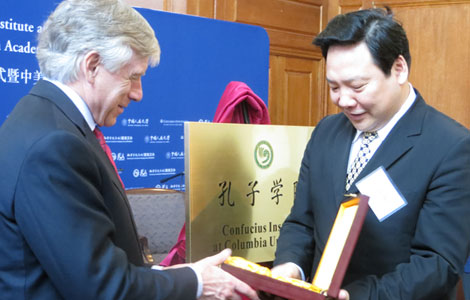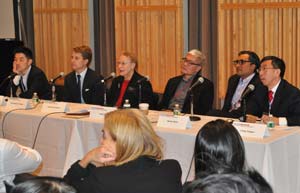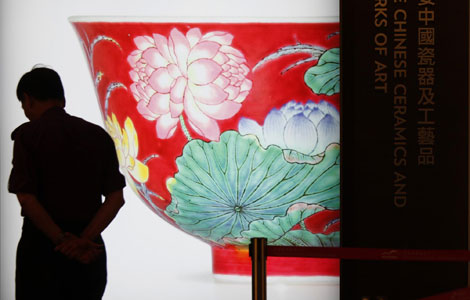Improving the health of the drugs industry
Updated: 2013-04-11 10:28
By Liu Jie (China Daily)
|
||||||||
The US-based business opened Lilly Global IT innovations Lab in Dalian, Liaoning province, on March 18, to provide a secure platform for Lilly to collaborate with R&D partners and provide digital solutions for the company's various departments, not only in China but also around the world.
 |
|
John C. Lechleiter,the chairman, president and chief executive officer of Eli Lilly and Co |
An R&D center, with the goal of discovering innovative diabetes medicines tailored specifically for Chinese patients, was set up in Shanghai last May.
To take a share of China's generic drugs market and explore the business potential of its patent-expired products, Lilly increased its equity position in Novast Laboratories by $20 million.
Novast is a Chinese generic and specialty pharmaceutical company based in Nantong, Jiangsu province. The move will help Lilly to increase the production capacity of its branded generics and facilitate local and regional manufacturing of its potential new medicines currently in the development stage.
Lilly's 2012 full-year revenue declined 7 percent to $22.6 billion, mainly because of the expiration of the patent for Zyprexa, a commonly used medication to treat schizophrenia. At the same time its Chinese sales increased by 27 percent year-on-year. The company is now among the top 10 multinational drugmakers in China.
Despite good results in China, Lechleiter and executives at other international R&D-based pharmaceutical drugmakers have experienced pressure caused by fiercer competition brought on by the growth of domestic counterparts and price-cut requirements from the Chinese government.
Generic drugs account for 70 percent of China's pharmaceutical purchases. It is an area in which Chinese companies are taking the lead and the quality of their products is constantly increasing. Owing to the Chinese government's support in terms of capital and preferential policies toward domestic biopharmaceuticals' R&D efforts, the self-development capabilities of Chinese companies are increasing.
The National Development and Reform Commission has cut the maximum retail price of a large number of medicines on an essential drugs list - most of which are Western - five times since 2011 by an average of 10 to 15 percent each time. The nation's top price regulator also said that foreign companies should reduce the prices of their off-patent products, which inevitably squeezes the profit margins of drugmakers.
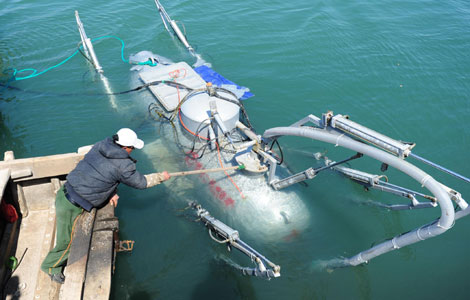
 Homemade submarine, deep pockets
Homemade submarine, deep pockets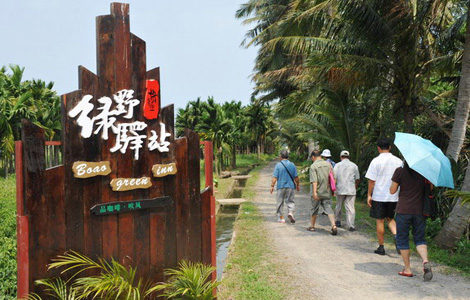
 Developing Hainan as int'l resort island: Xi
Developing Hainan as int'l resort island: Xi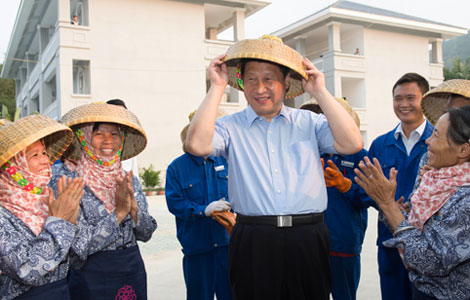
 President pays visit to Hainan fishermen
President pays visit to Hainan fishermen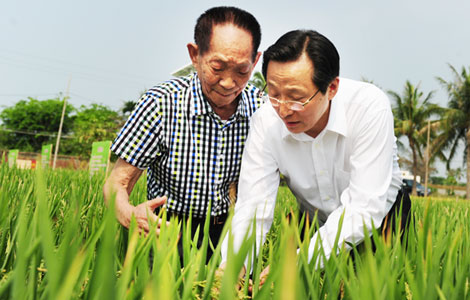
 Super rice keeps China's supply self-sufficient
Super rice keeps China's supply self-sufficient
 Expats prefer Beijing, Shanghai
Expats prefer Beijing, Shanghai
 At least 15 people stabbed at Texas college
At least 15 people stabbed at Texas college
 US to intercept DPRK missile if threatened
US to intercept DPRK missile if threatened
 2012 a peak year for archaeologists
2012 a peak year for archaeologists
Most Viewed
Editor's Picks

|

|

|

|
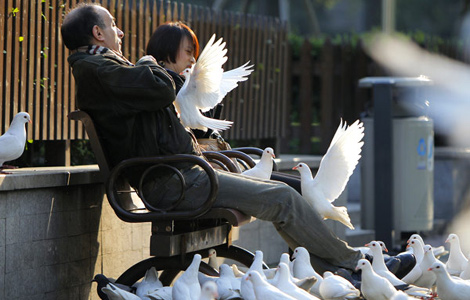
|

|
Today's Top News
New loans, social financing rise
China calls for turnaround in Korean situation
Xi calls for strengthened navy
China reports 5 new H7N9 cases
Beijing officials explain new visa rules
Obama makes concession amid budget war
DPRK raises missile launch pad: Japan
8 more detained for spreading H7N9 rumors
US Weekly

|

|
